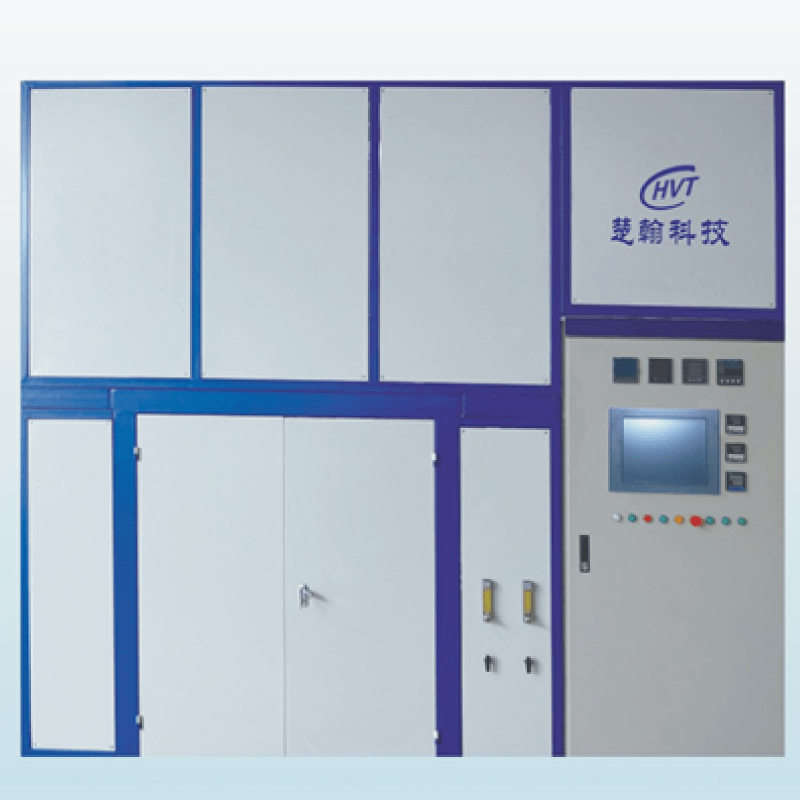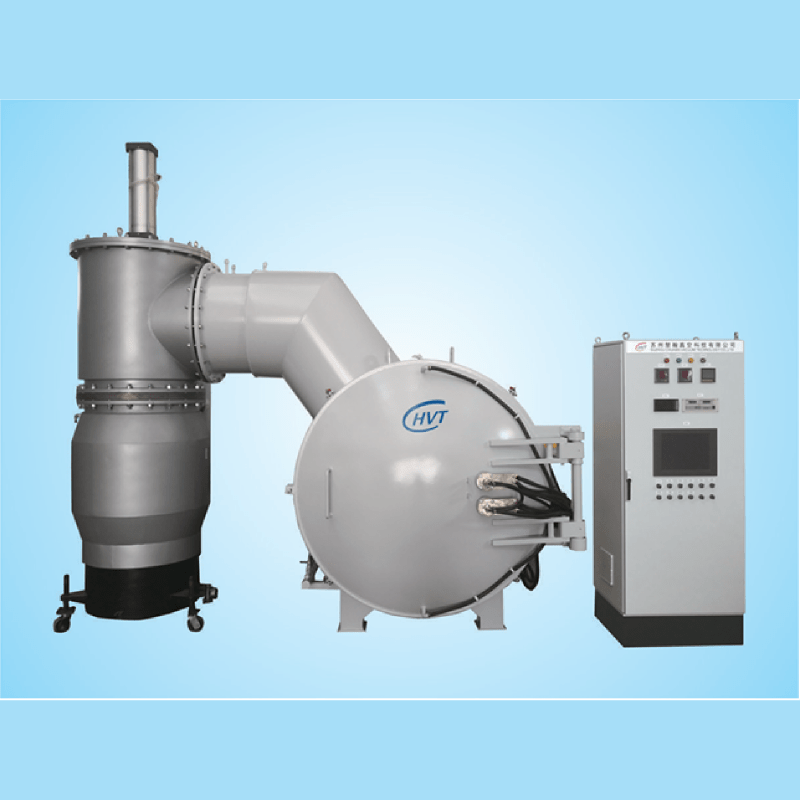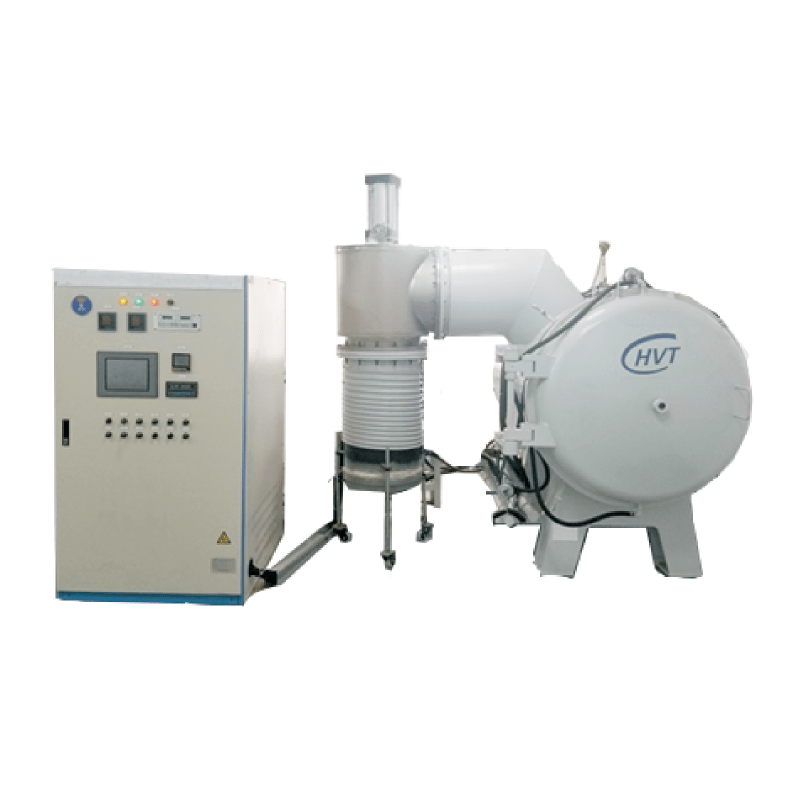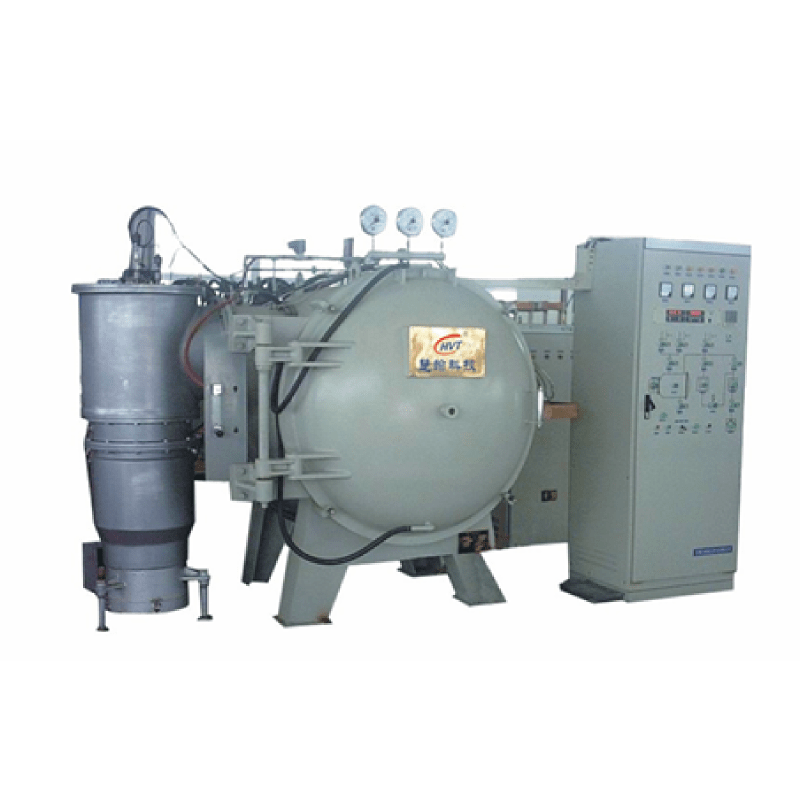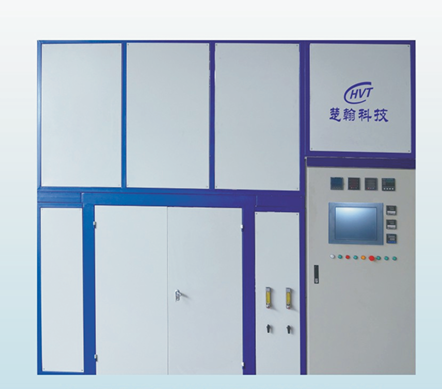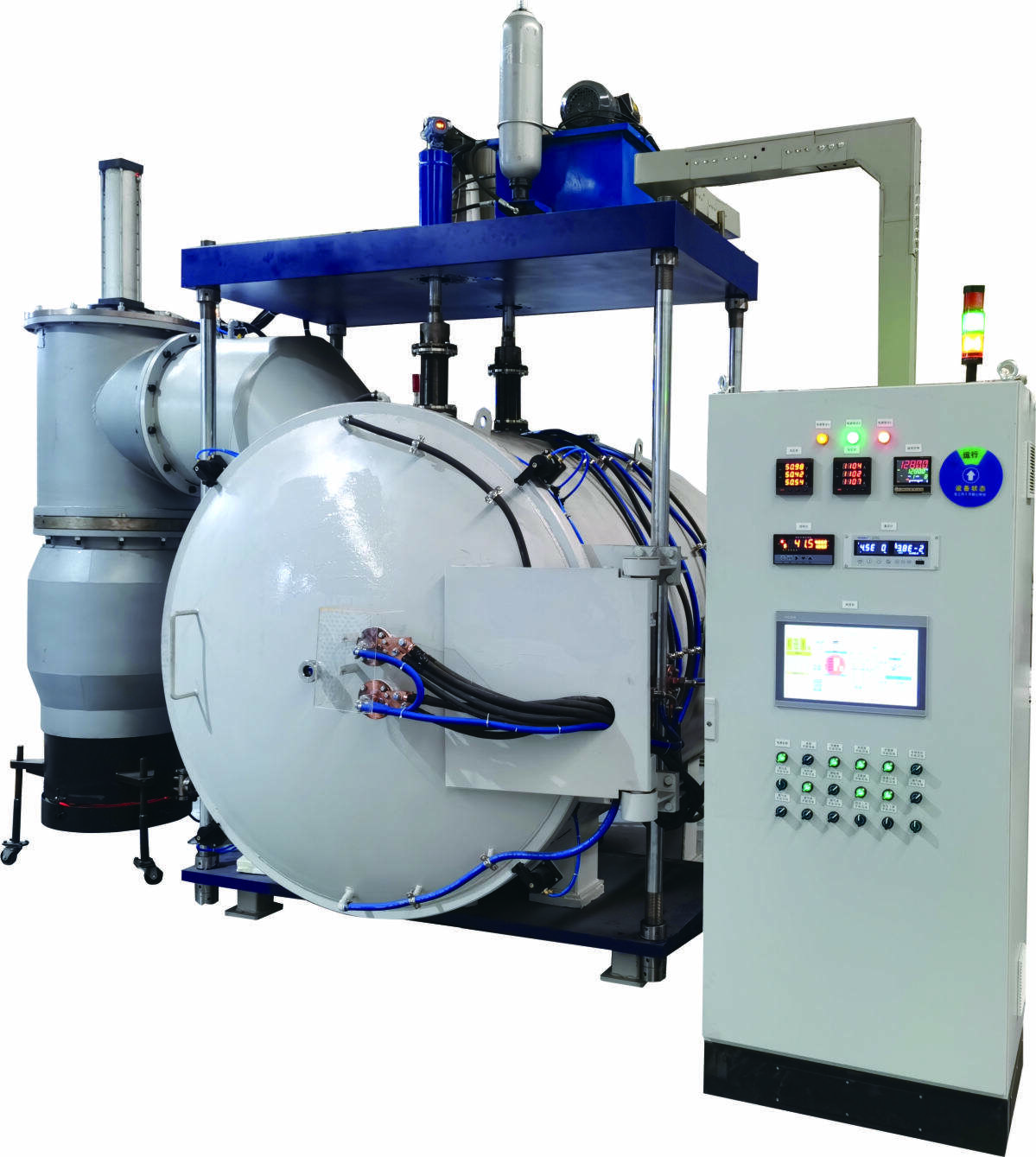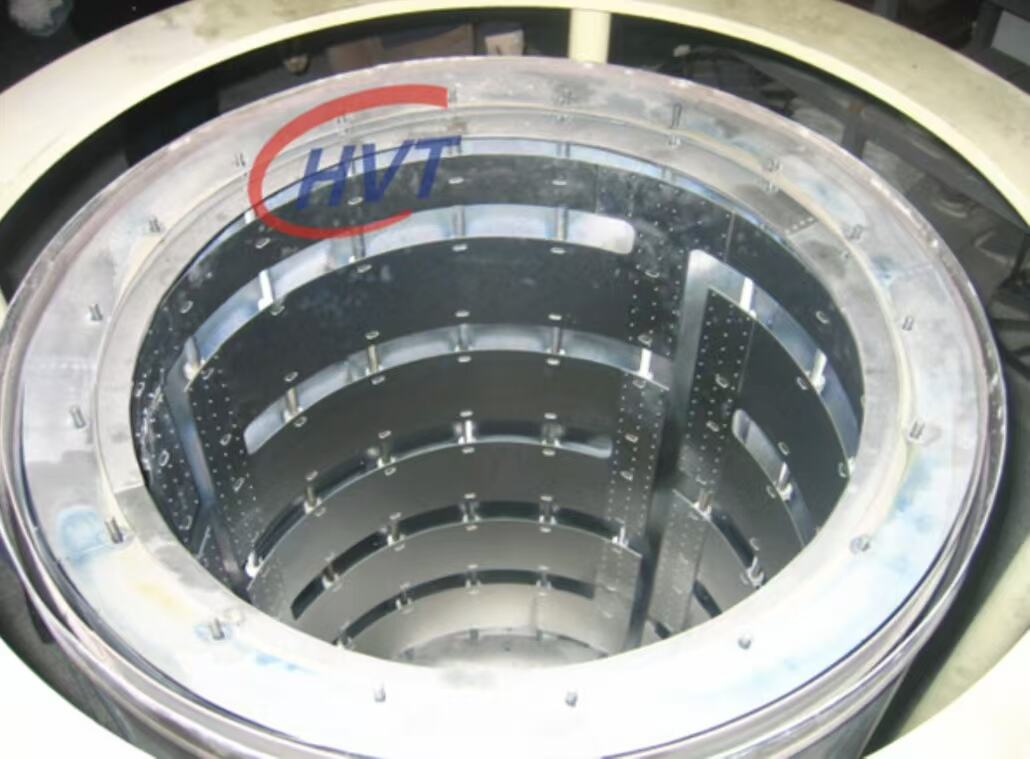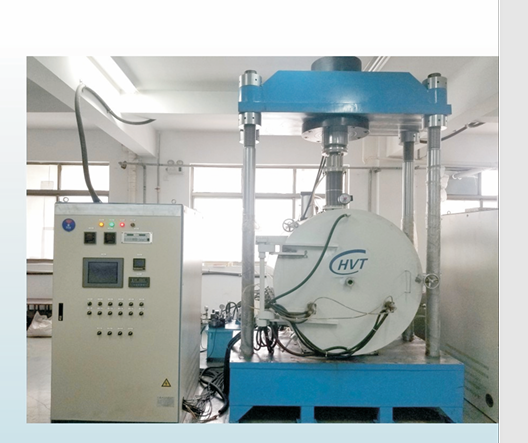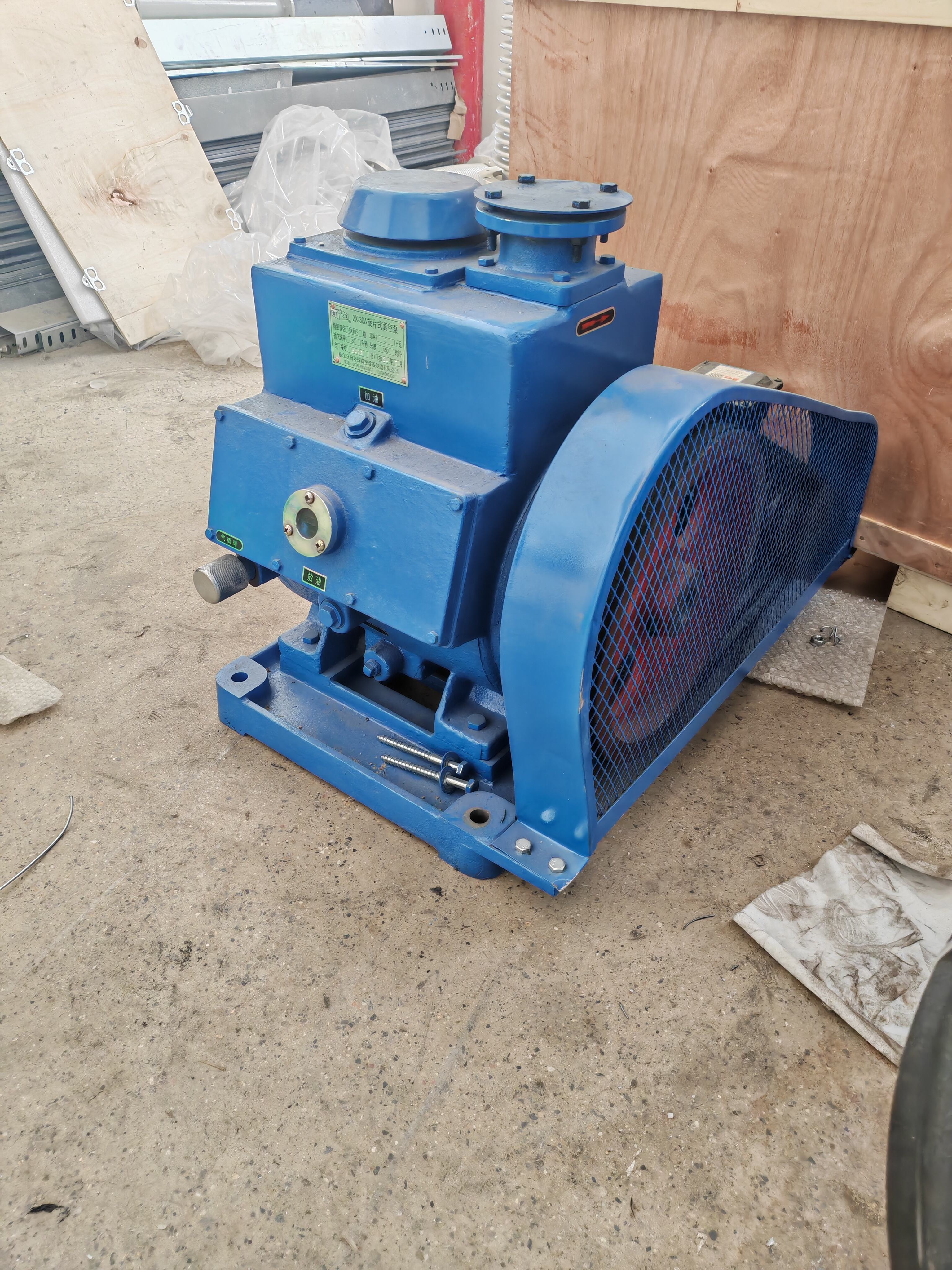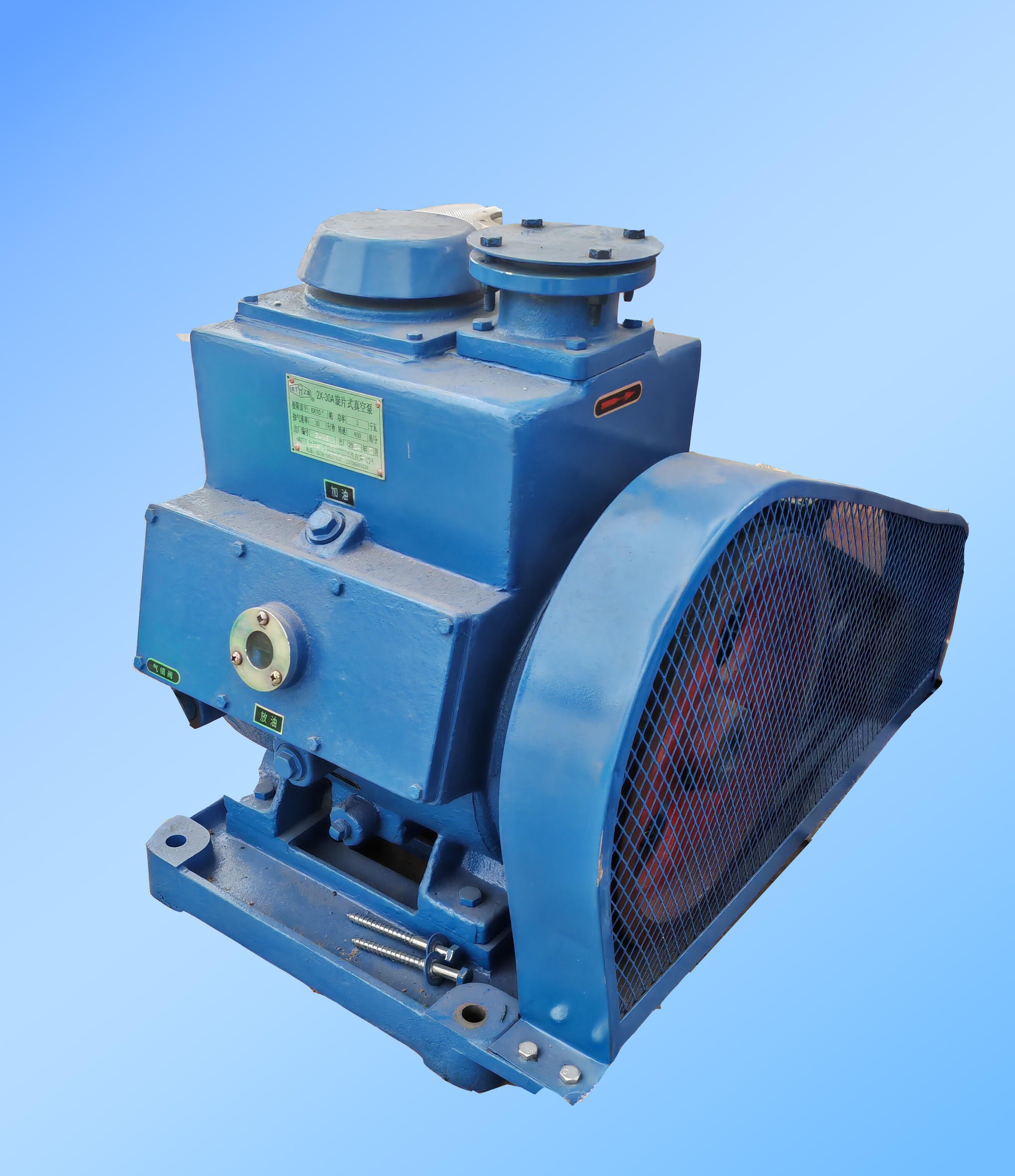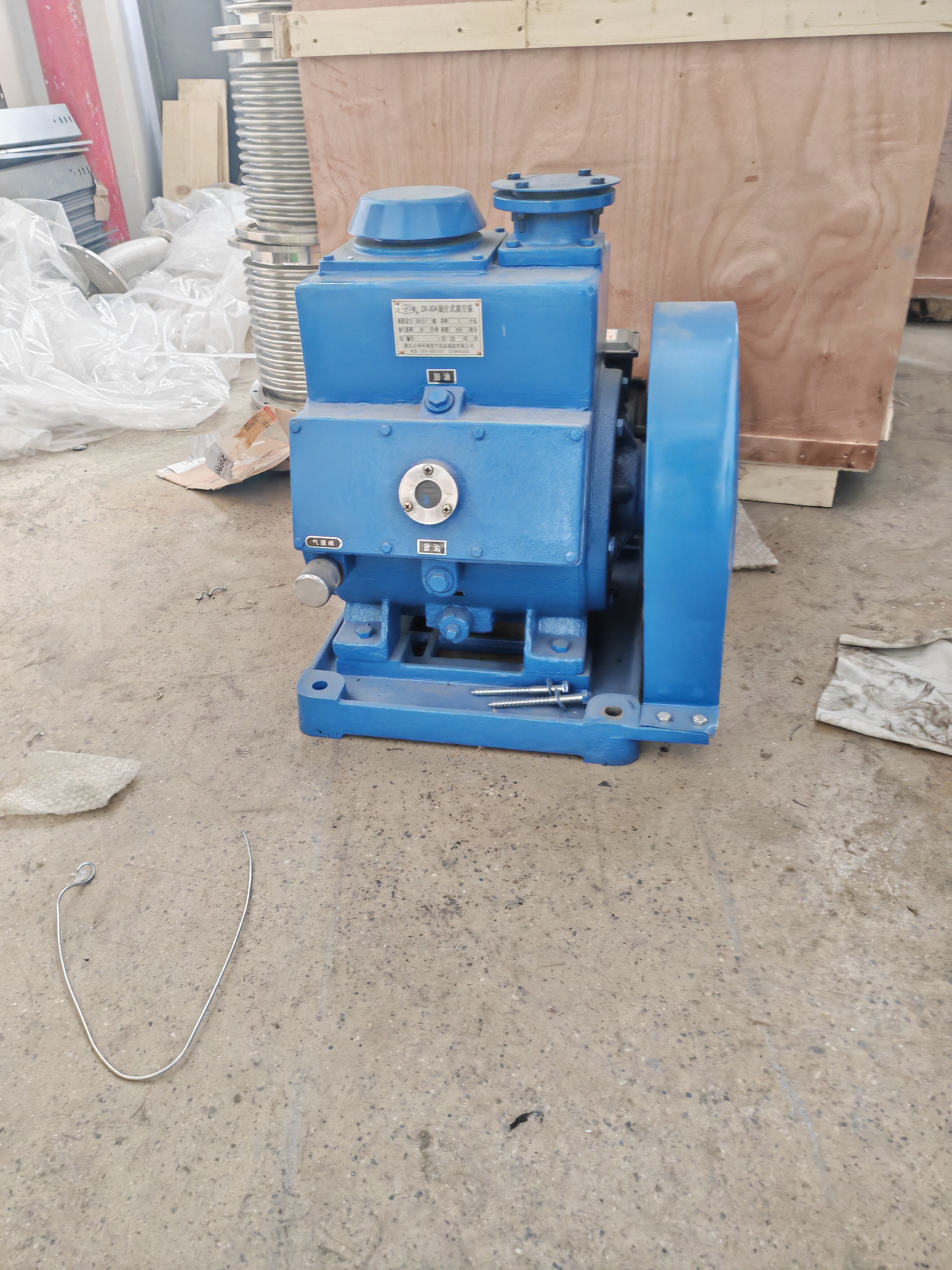mechanical fluid pump
A mechanical fluid pump is a sophisticated device engineered to move fluids through mechanical action. Operating on principles of displacement and pressure differential, these pumps convert mechanical energy into hydraulic power, enabling the controlled transfer of liquids or gases. The pump consists of essential components including an impeller, housing, shaft, and sealing mechanisms. Through rotary or reciprocating motion, it creates the necessary pressure to transport fluids across various systems. These pumps find extensive applications across industries, from water distribution and HVAC systems to chemical processing and manufacturing. Modern mechanical fluid pumps incorporate advanced features such as variable speed drives, precision control systems, and efficient sealing technologies. They can handle diverse fluid types, ranging from water and oils to chemicals and slurries, with flow rates adaptable to specific requirements. The robust construction ensures reliable operation under demanding conditions, while innovative designs minimize energy consumption and maintenance needs. These pumps also feature safety mechanisms to prevent overheating and system damage, making them indispensable in both industrial and commercial applications.

